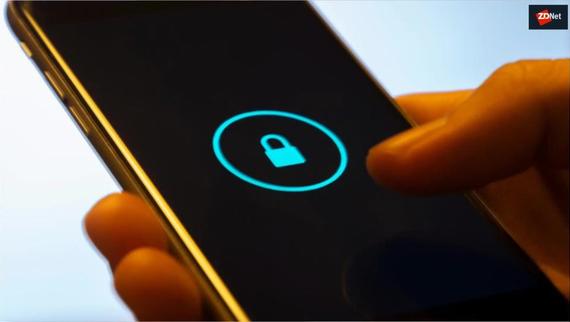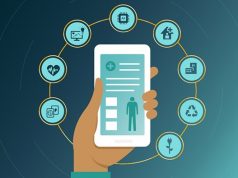A VPN, or Virtual Private Network, is a facility that encodes your internet traffic and fleeces your IP address. This makes it more challenging for third parties to track your online motion and steal your data.
Are you interested in knowing about the VPN? Let’s go to uncover the fantastic benefits of the VPN. Please read this article entirely and get more information about it. Here, we discuss the help of the best free VPN.
VPNs produce a secure tunnel between your device and an isolated server. When you connect to a VPN, all your internet traffic is routed through this tunnel, where it is coded and protected from snooping. If you are looking for a way to defend your privacy and security online, a VPN is an excellent choice.
Why do you Need a VPN?
Here are some precise examples of states where you might need a VPN:
- You are using a public Wi-Fi network at a coffee shop or airport.
- You are connecting to a website that you know paths your online activity.
- You are trying to access a website or service blocked in your country.
- You are using a rush client to download files.
- You are concerned about your privacy when using social media or other online services.
What are the Benefits of Using a VPN?
The benefits of using a VPN are many and diverse.
Privacy:
A VPN codes your internet traffic and hides your IP address, making it much harder for third parties to track your online activity. This means that websites, advertisers, and your ISP can’t see what you’re doing online.
Security:
A VPN can help to protect your data from hackers and other malicious actors, especially when using public Wi-Fi networks. Public Wi-Fi networks are often unsafe, making them easy boards for hackers. A VPN can help to defend your data from being interrupted by hackers when using public Wi-Fi.
Freedom:
A VPN can allow you to bypass restrictions and geo-restrictions. This means you can access websites and services blocked in your country or region. For example, if you’re travelling to a country with strict restriction laws, you can use a VPN to access your favourite websites and social media platforms.
Better Streaming Performance:
Some VPNs can improve cyclosis presentation by bypassing choking from your ISP. ISPs sometimes accelerator internet speeds for certain types of traffic, such as streaming video. A VPN can help to avoid this throttling and give you faster streaming speeds.
Gaming:
VPNs can improve gaming performance by reducing ping and lag. This can be especially useful for online games that need a fast and stable connection.
Business:
VPNs can create a secure connection between your computer and your company’s network. This allows you to access company resources and data without worrying about interrupting your connection.
File Sharing:
VPNs can encrypt your file-sharing activity and protect your privacy. This can be especially vital if you share delicate files, such as financial or legal documents.
How to Choose the Best Free VPN?
To choose the best free VPN, you should consider the following factors:
Reputation:
Choose a VPN provider with a good status and a track record of protecting user privacy and security.
Security Features:
Ensure the VPN uses robust encoding protocols and other security features, such as a kill switch and DNS leak defense.
Server Network:
Choose a VPN with an extensive server network in different countries. This will give you more options for connecting to a server that is close to you, which can improve your connection speed.
Data and Speed Limits:
Some free VPNs have data and speed limits. Choose a VPN that offers unlimited data and decent speeds, especially if you plan on using it for cycloid videos or downloading files.
Privacy Policy:
Read the VPN’s privacy policy to ensure it does not log your activity or sell your data to third parties.
How to use a VPN for most Protection?
To use a VPN for most guards, you should follow these tips:
- Choose a sound VPN provider. Do your research and choose a VPN provider with a good reputation and a track record of protecting user privacy and security.
- Use a robust encryption protocol. Most VPNs offer a diversity of encryption protocols to choose from. Choose a full encryption protocol, such as AES-256 or ChaCha20.
- Enable a kill switch. A kill switch is a security feature that disconnects your internet connection if your VPN connection drops. This helps to prevent your traffic from being bare if your VPN connection fails.
- Enable DNS leak protection. DNS leak protection is a security feature that prevents your DNS traffic from leaking outside the VPN channel. This helps to ensure that third parties cannot track your online activity.
- Keep your VPN app up to date. VPN providers release app updates to patch security vulnerabilities and improve performance. Make sure to keep your VPN app up to date to ensure that you use the most secure version.
Conclusion
In today’s digital world, safeguarding your internet connection is more vital than ever. With so many threats prowling online, knowing how to protect yourself can be challenging. One way to protect your privacy and security is to use a VPN.
There are many diverse VPN providers to choose from, and some of them even proposal-free plans. It is important to note that not all free VPNs are created equal. Some free VPNs may have data caps, speed limits, or security weaknesses.





